Nigeria is 60! Although the north and south were amalgamated in 1914, the colonial masters did not hand over the running of the country to Nigerians until October 1, 1960. Since then, Nigerians have been marking Independence Day yearly.
This year’s celebration is special — it is the 60th year; it is the Diamond Jubilee.
Nigeria has had 15 chief executives in the form of prime minister, head of state, president and head of interim national government. Who among them, in your opinion, deserves to be called the ‘best president’ Nigeria has ever had?
Let us help you with a few facts on them (but do your own research too!)
Advertisement
Nnamdi Azikiwe (1960-1966). He was first governor-general and then president. Both roles lacked executive powers in the parliamentary system. Zik was regarded as Nigeria’s foremost nationalist, but was accused of having a foreknowledge of the 1966 failed coup.
Abubakar Tafawa Balewa (1960 to 1966). He was instrumental in the formation of the African Union and was very vocal on the international scene. His government was accused of rigging local elections and using federal power to tame opponents.
Advertisement
JTU Aguiyi-Ironsi (January-July 1966). First military head of state. He brought the Nigerian federation into a unitary system, like the military command hierarchy. His government was born in crisis after the failed coup and lasted only six months.
Yakubu Gowon (1966 to 1975). He created 12 states but retained the military-command structure. He enjoyed the first oil boom and built infrastructure but also had to fight a civil war from 1967 to 1970. He was accused of mismanaging the oil boom.
Murtala Muhammed (1975 to 1976). He focused on fighting corruption. He also took the decision to move the federal capital to Abuja. Muhammed supported liberation movements in Africa. He was accused of destroying the civil service in his attempt to restructure it.
Olusegun Obasanjo (1976 to 1979). He built major infrastructure, including roads, ports and refineries, and oversaw transition to civil rule. He also preached a return to agriculture and less dependence on oil revenue. He was accused of human rights violations.
Advertisement
Shehu Shagari (1979 to 1983). He built housing estates, launched Green Revolution to support agriculture and conceived the Ajaokuta Steel Company. His government was accused of economic mismanagement and corruption and was overthrown by the military.
Muhammadu Buhari (1983-1985). He waged a war against corruption and indiscipline, jailed politicians and enforced strict military rule. He was accused of failing to address the economic problems he inherited, as well as violating human rights and stifling press freedom.
Ibrahim Babangida (1985 to 1993). He embarked on major political and economic reforms that formed the basis of present-day Nigeria: privatisation, diversification and electoral system. He was accused of encouraging corruption and violating human rights. He annulled June 12 poll.
Advertisement
Ernest Shonekan was the head of the interim national government (ING) from August-November 1993. He did not spend up to 100 days in office before he was overthrown. His government was generally seen as lacking legitimacy and weak. There was no notable achievement.
Sani Abacha (1993-1998). He set up the PTF that saw to major infrastructural development across the country. He finalised the NLG project from which Nigeria now earns billions of dollars yearly. He was accused of massive corruption (“Abacha Loot”) and state terrorism.
Advertisement
Abdulsalami Abubakar (1998 to 1999). His government was shortlived but he organised a transition to civil rule and released those detained or jailed by Abacha for political reasons. Some members of his government were accused of corruption.
Advertisement
Olusegun Obasanjo (1999 to 2007). He launched GSM service, reformed telecoms, pensions and banking, privatised public entities, paid off Nigeria’s foreign debts and left healthy savings. But his government was accused of corruption and political witch-hunt.
Umaru Musa Yar’Adua (2007 to 2010). He added to the country’s savings, exposed “unspent” budget funds scam, granted amnesty to Niger Delta militants, and preached rule of law. He was accused of reversing Obasanjo’s policies and slowing down the country’s progress.
Advertisement
Goodluck Jonathan (2010 to 2015). He started/completed projects in roads, aviation, railways and power, did almajiri and girl-child education initiatives, and reformed the justice system. His government was accused of corruption and failing to tackle insecurity.
Muhammadu Buhari (2015 till date). He has completed or initiated major projects in roads, railways, aviation and power, as well as agriculture and extractive sectors. He has been accused of nepotism, selective anti-graft war and inability to tackle economic and security problems.
So, who is your best leader so far?
Please vote below and leave a comment.
8 comments
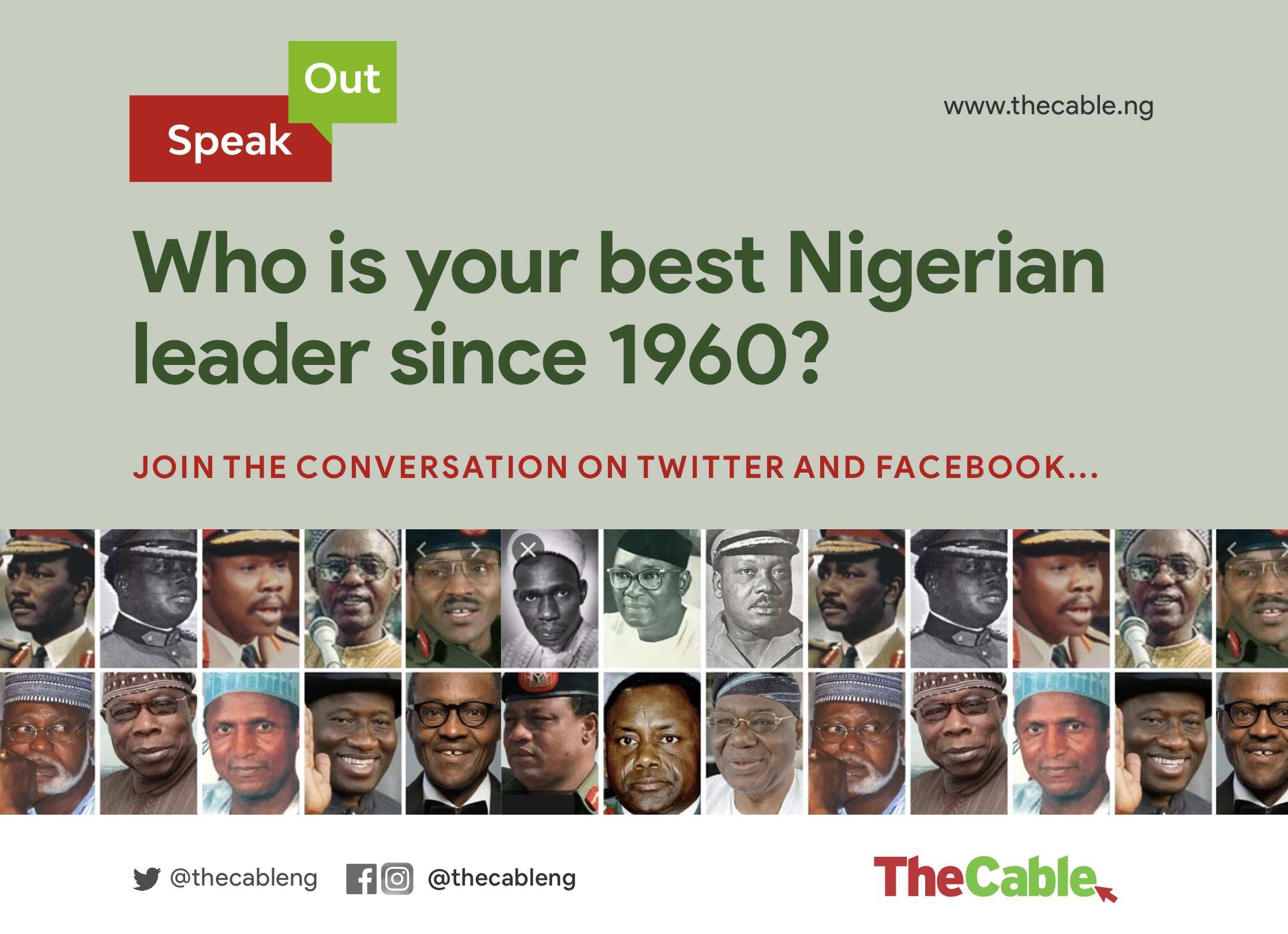
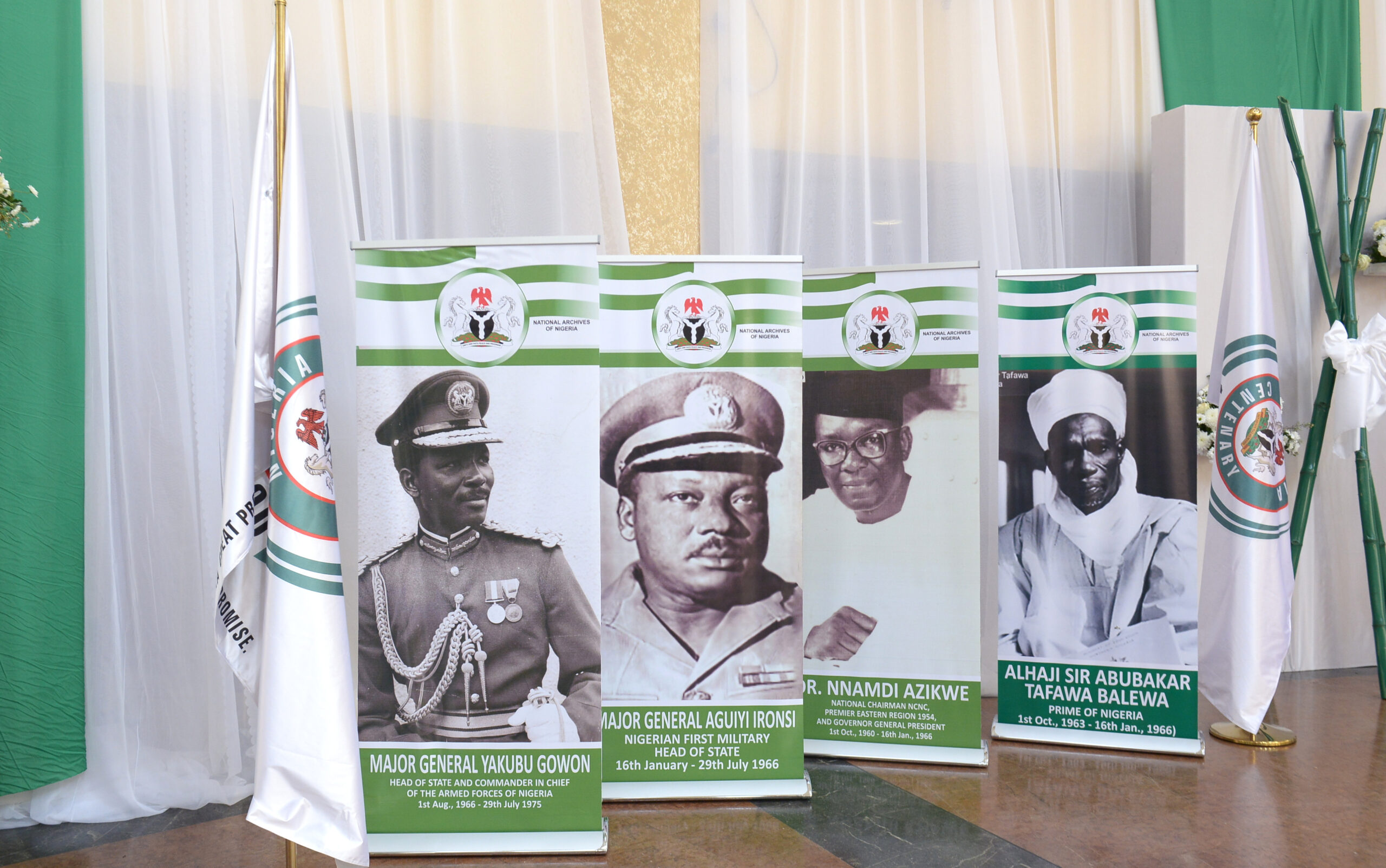
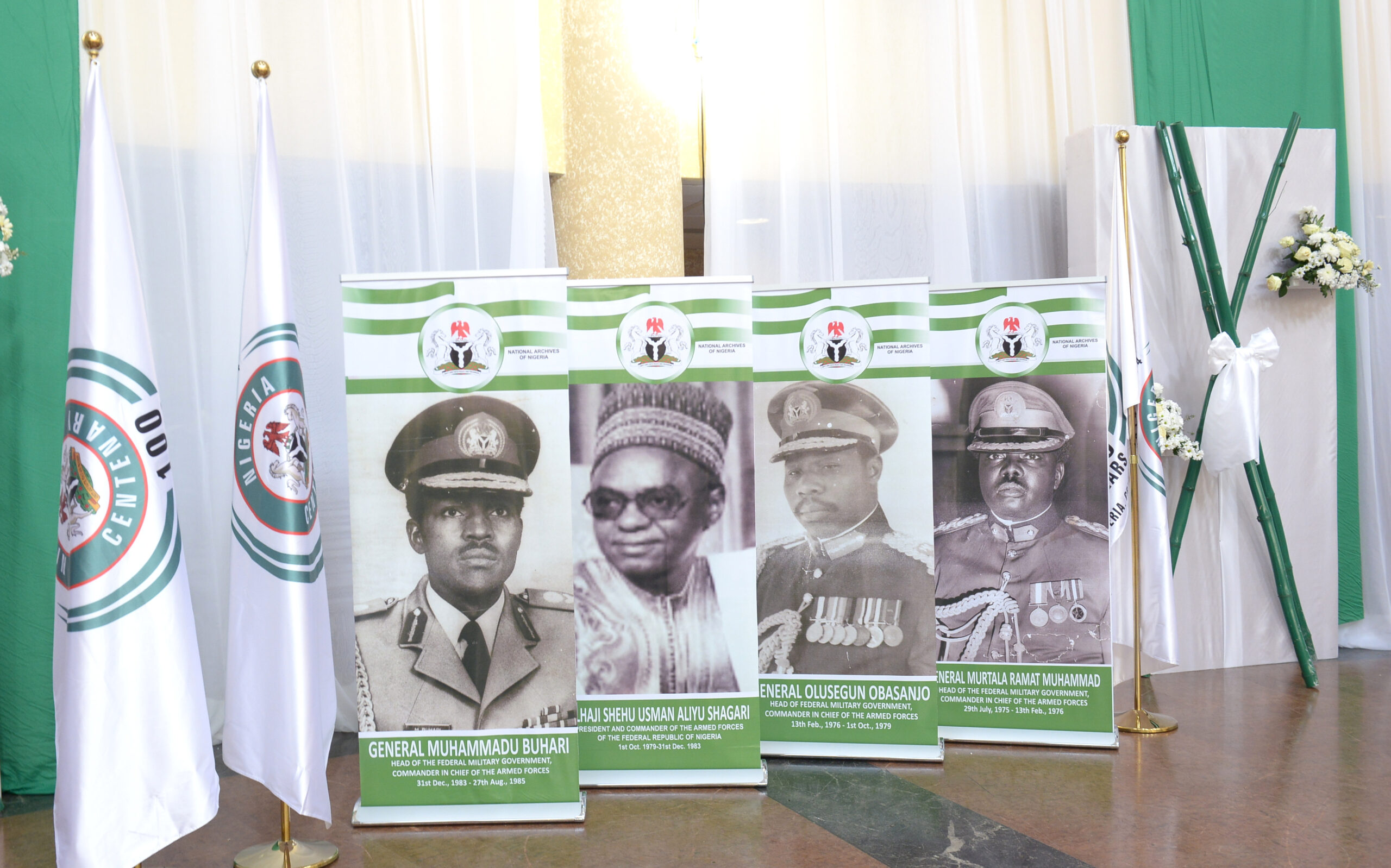
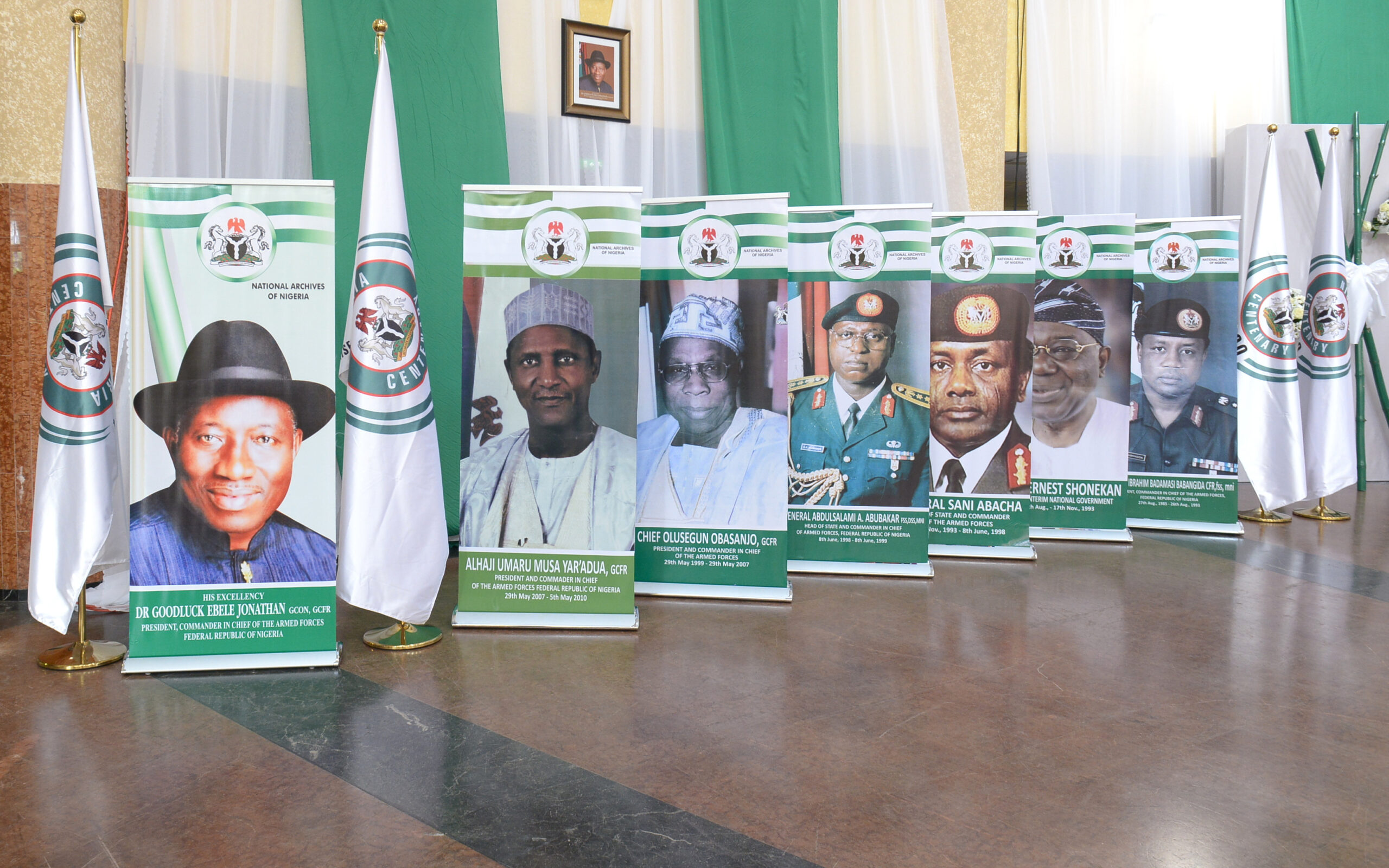
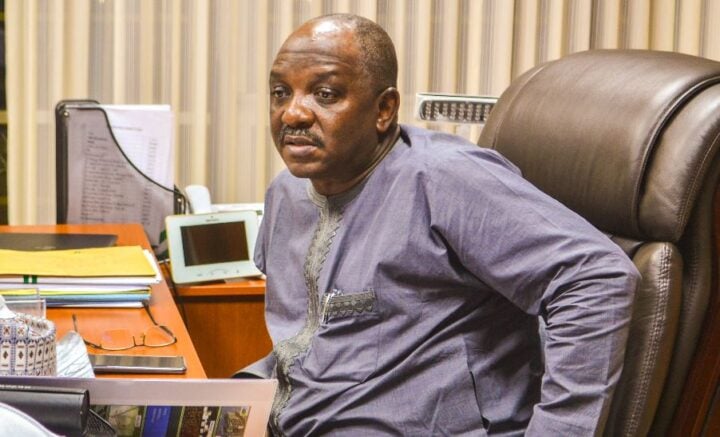
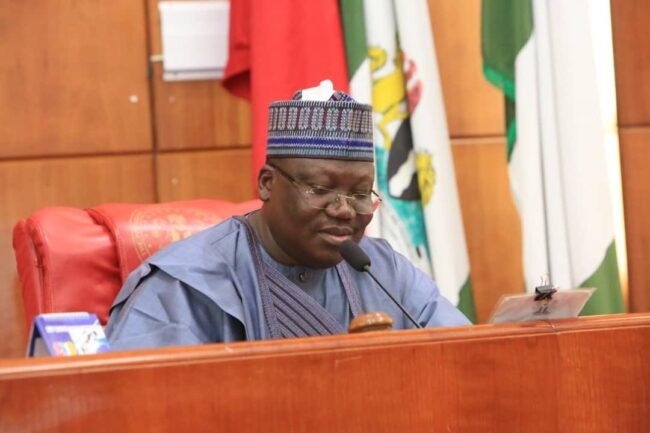

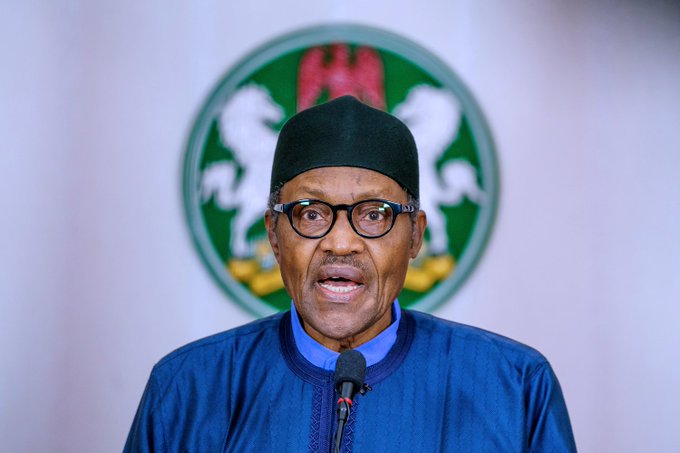
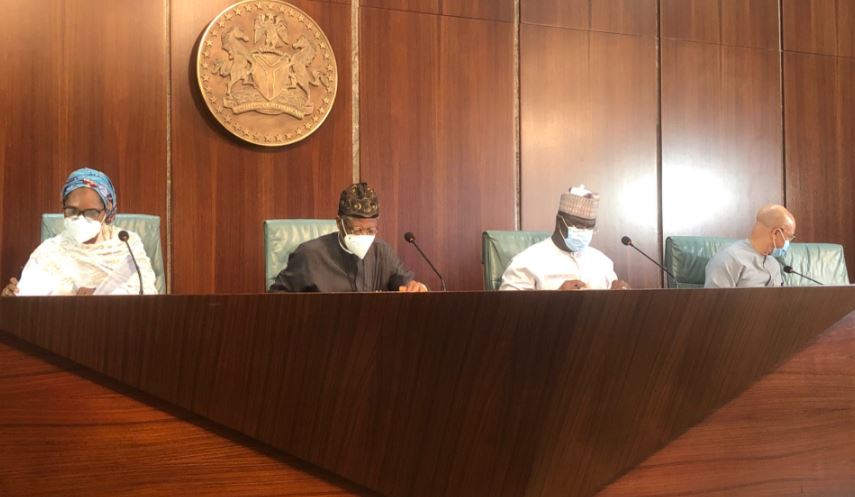
Sani Abacha remains the best.
A man with true intentions.
I wish he was alive, there will be nothing left for these guys to loot.
May his gentle soul rest in peace
I voted Obasanjo based on his stellar performance and achievements between 1999 and 2007. Even the crude oil prices he met were lower than what Buhari met in 2015 yet, Obasanjo didn’t give excuses. He went to work and achieved great results. His appointments were nationalistic. He cleared our foreign debts, helped us to finalize GSM communication, built so great infrastructure and laid foundation for growth. He has remained a Nigerian leader and not a tribal leader.
You spoke my mind. Thank you. I also voted for him. He was quite good in his military days as well.
I voted for him. I believe Gowon & Murtala were also good.
I voted Obasanjo because he was able to tackle insecurity, infrastructural development, in fact the most peaceful administration…man of his words. He was not corrupt but hated by the corrupt ones. Obasanjo is my forever President.
Ya’r adua strict moves to fit in peace and unity, won my heart so be it.
Sadly, the best Nigerian leader is not on the list. Obafemi Awolowo. The greatest and smartest of them all. I believe if he had succeeded, this would be a totally different country.
None of the above. You cannot have a Best when there is no Good.
Abacha good yar’adua and buhari also had full intention of development and prosperous progress.